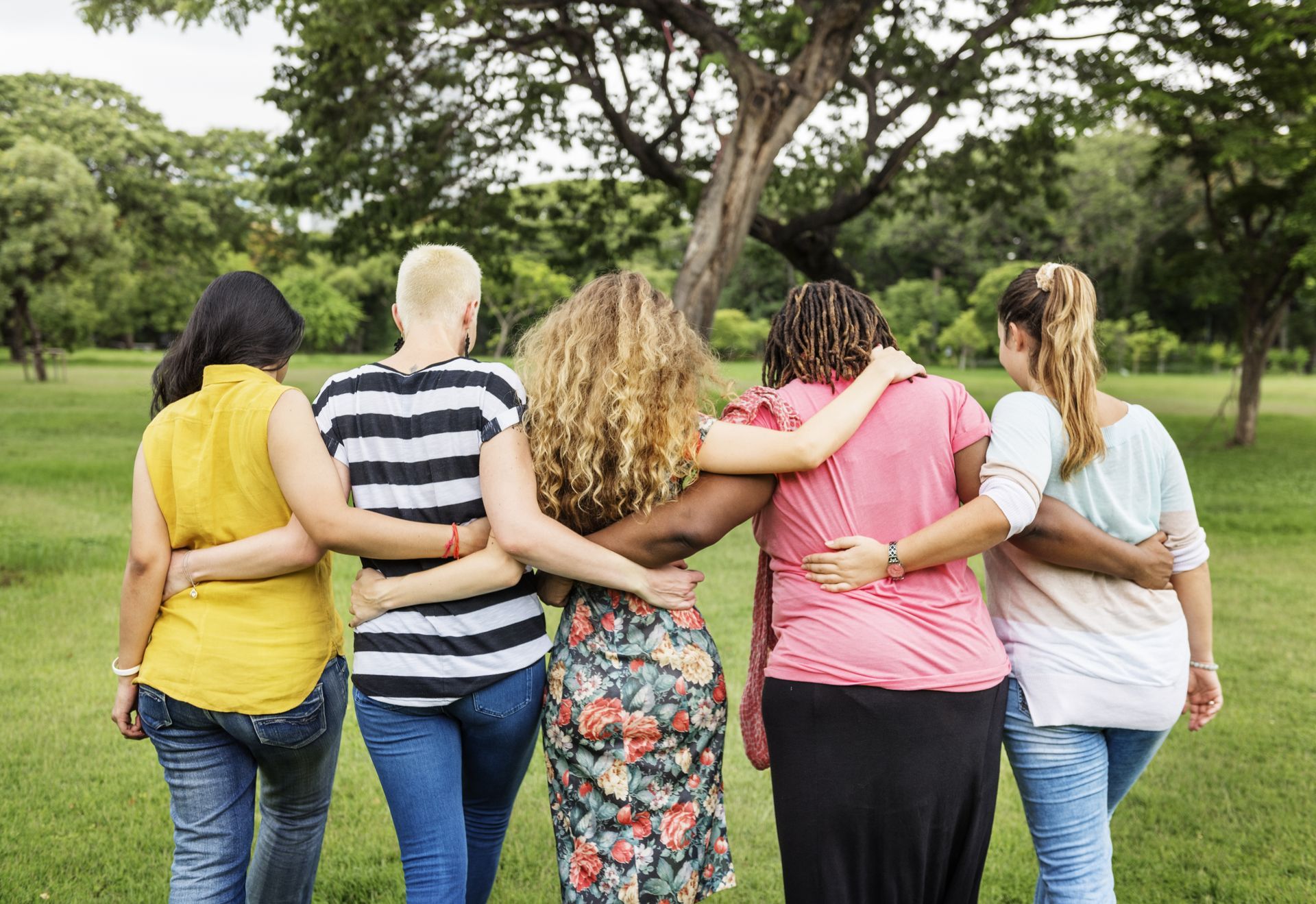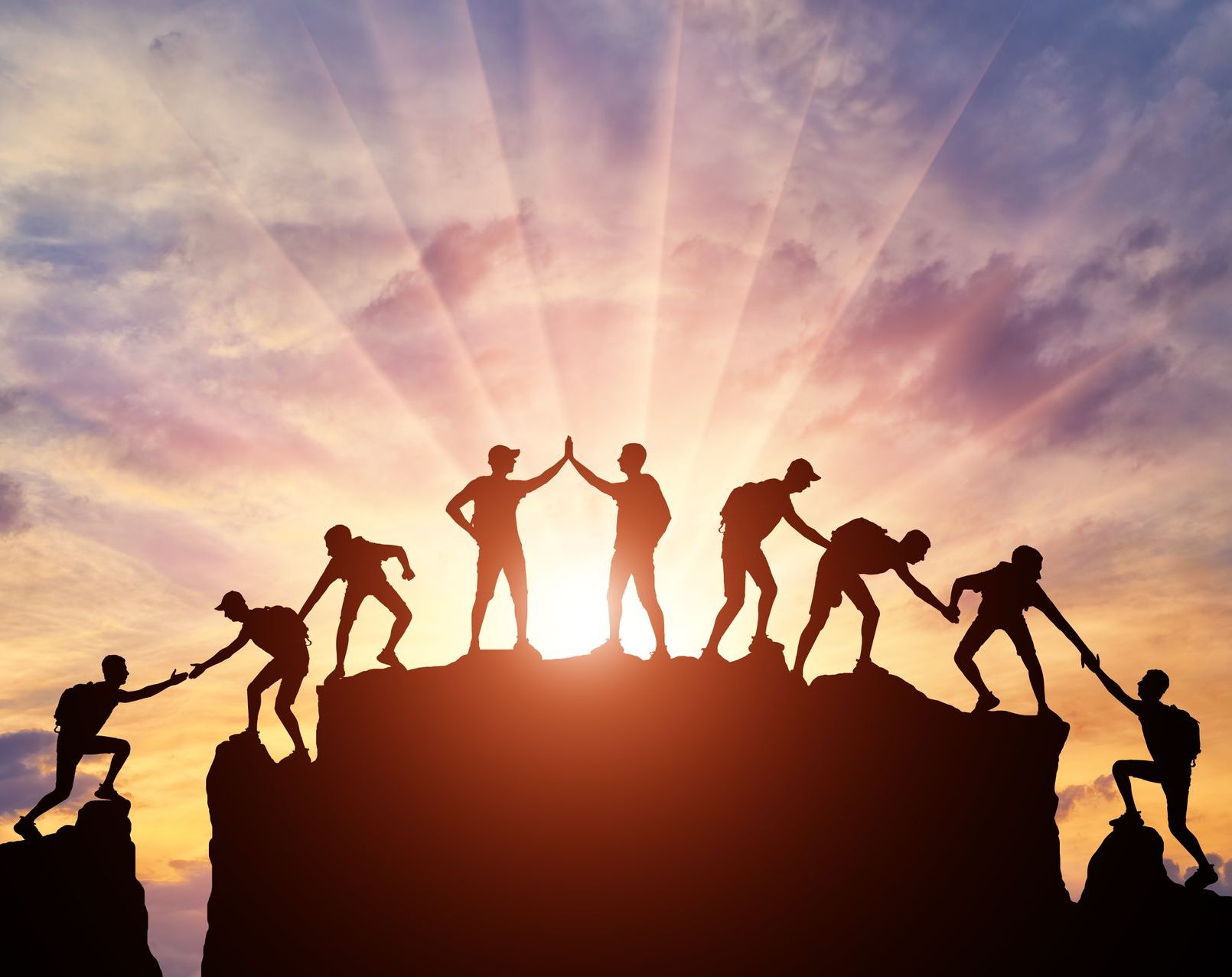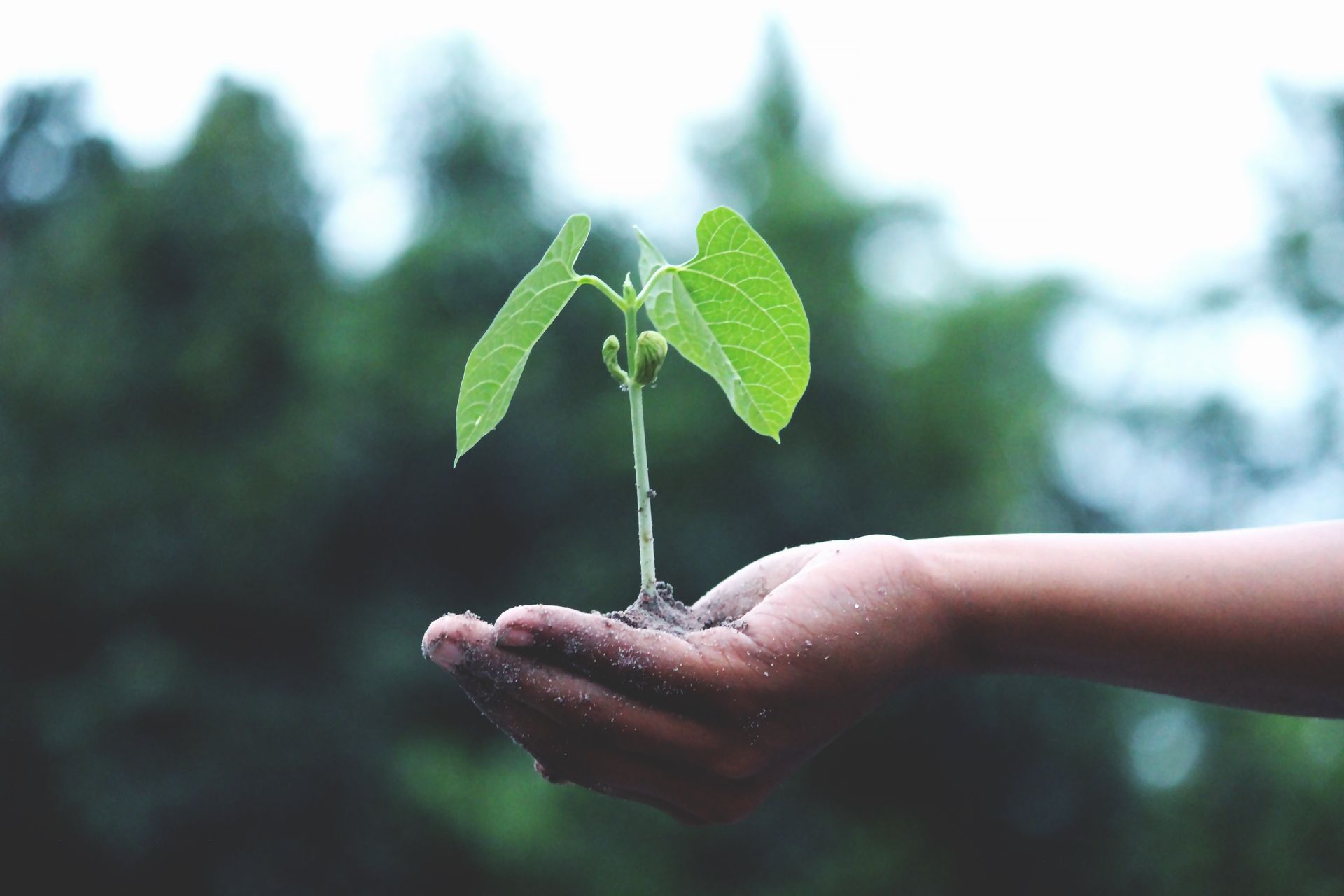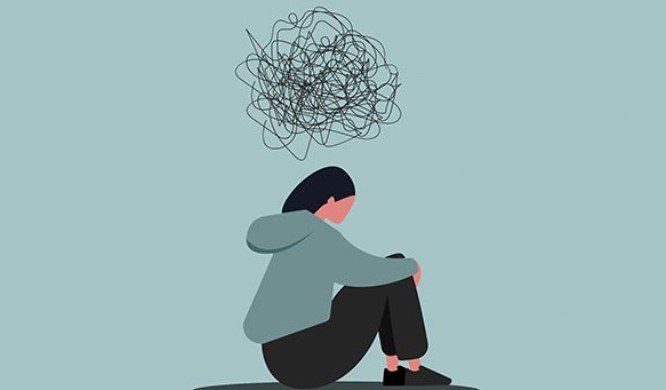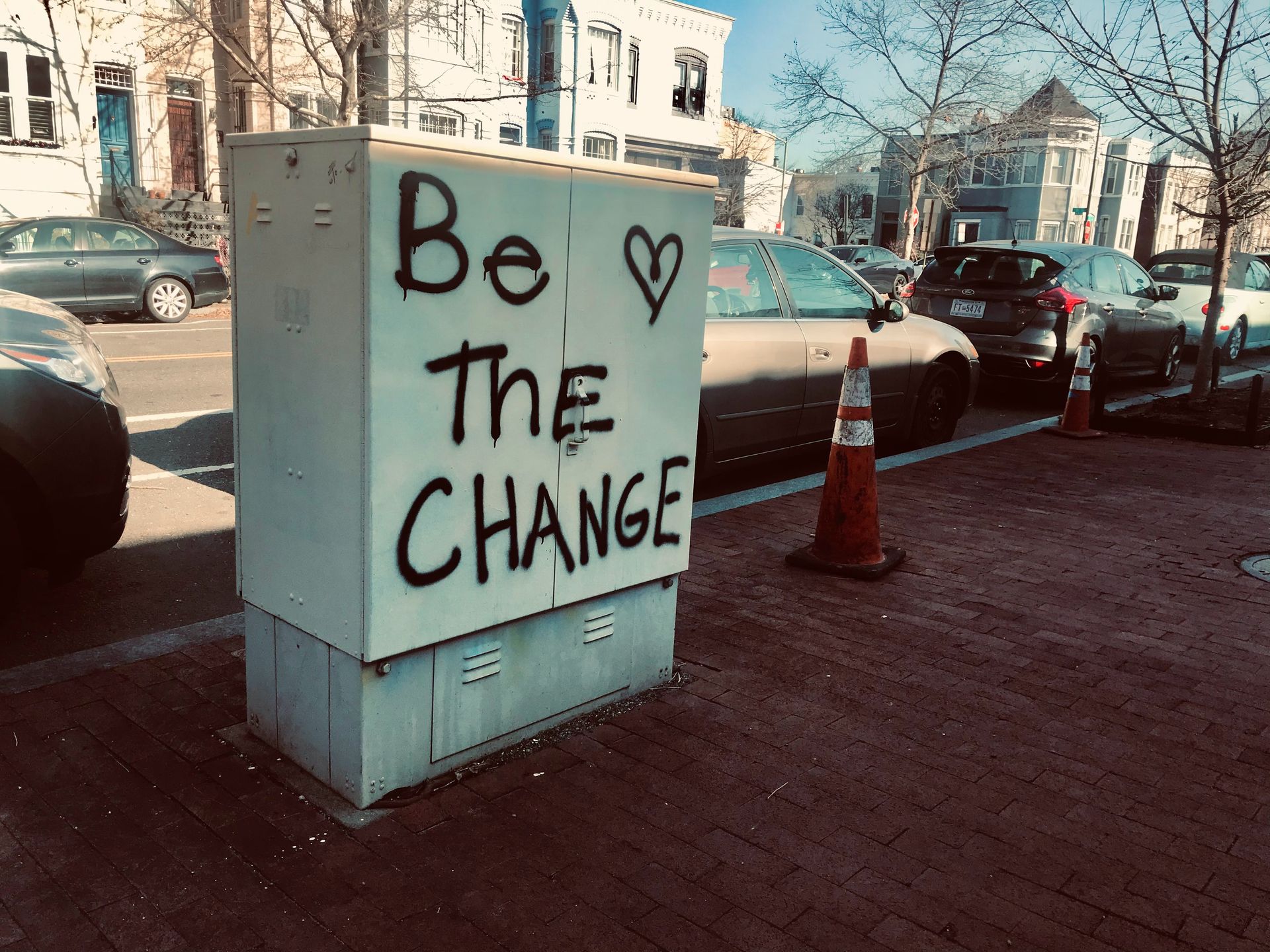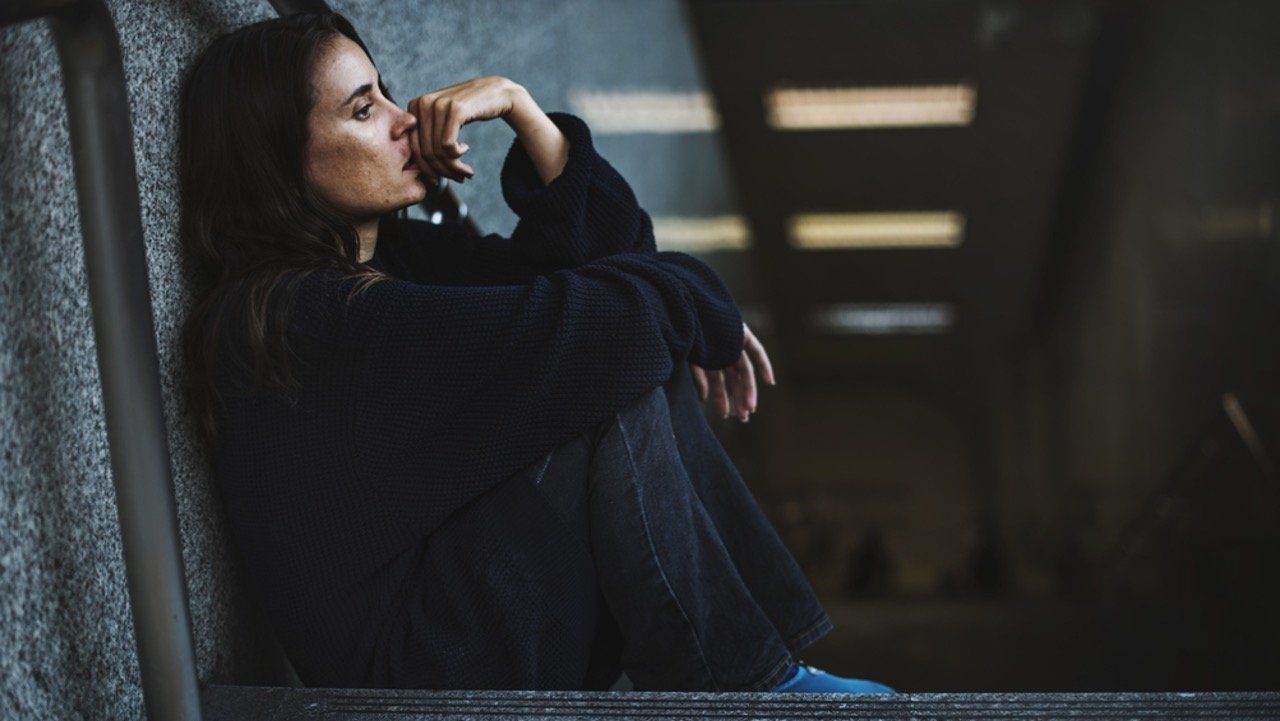Self-Injury Awareness Day
Marking the release of our new course - 'Working Positively with Risk and Safety'
Self-Injury Awareness Day
HEALTH WARNING! This blog aims to support those who self-harm as well as their family, friends and staff who support them. We recognise however, that these subjects are powerful and can be distressing to read and think about. We therefore, encourage you to practice self-care and think about if this is the right time for you to read this blog and/or if you become distressed by the content to reflect on and utilise sources of support. There are also further details of helplines listed at the end of this blog.
Today, March 1st, is Self-Injury Awareness Day. This important day aims to help tackle the shame and stigma of self-harm which can lead to secrecy and a failure to get the help that’s needed.
What is self-harm?
Self-harm is the term used to describe any behaviour where someone causes harm to themselves. Any behaviour that causes injury can be classified as self-harm no matter how minor or high-risk; however, the most common forms of self-harm are cutting (70-90%), head banging (21-44%) and burning. Other forms of self-injury include: ingesting substances to cause non-lethal overdose, excessive scratching to the point of drawing blood, punching self or objects and inserting objects into body openings[1].
The UK has one of the highest rates of self-harm in Europe with 150,000 people attending Accident and Emergency each year in the UK as a result of deliberate self-harm. It is most common in 12-24 year olds and in groups with higher poverty and inequality. It has also traditionally been found to be most common in women, but we are seeing increasing rates in young men self-harming.
Why do people self-harm?
People self-harm for lots of reasons but it is often a way of attempting to cope with difficult experiences or distressing thoughts and emotions. It is important to understand the function before we aim to strip away that coping mechanism.
Some of the functions of self-harm include:
- To cope with painful emotions, get the pain out or be distracted from it,
- To cause a release of distress
- To distract from distressing memories
- To reduce feelings of being numb, dissociated or not feeling real
- To communicate with someone
- To self-punish
- To try to avoid suicide
How to help someone who is self-harming?
As we mentioned there are many functions to self-harm but we tend to understand that people who self-harm are using it to cope with their experiences. It is therefore often not simply a case of being told to stop the behaviour and in fact this can be unhelpful and mean the person may feel more misunderstood and driven further into secrecy. Instead being approached with support and empathy, as well as supported in developing alternative distress tolerance coping mechanisms can be helpful.
There are a wide rang of things that can help people reduce self-harm and find alternative coping strategies.
Things as family or professionals that you can do -
- Encouraging them to talk about how they are feeling
- Making time to really listen and go at their pace
- Showing concern by taking what they say seriously and acknowledging their distress and feelings
- Not being critical of their actions, judging them or jumping to conclusions
- Asking them what they would find helpful and what helps them manage with distressed in addition to times when they self-harm
- Consider making a safety plan together to reduce risks and list alternative coping strategies
- Offer to go with them for specialist advice
Things that can help self-sooth as an alternative to self-harm -
- Writing feelings down in a letter or journal
- Exercise, particularly energetic forms such as running or dancing
- Ripping up papers or punching a cushion or pillow
- Holding ice or pinging an elastic band on ones wrist
- Listening to music or practising relaxation, mindfulness or slow breathing
We should also acknowledge our own feelings when helping someone else who is self-harming. It can trigger feelings of distress, confusion, frustration, sadness, fear and many more emotions besides. Taking a moment to recognise and reflect on the impact on us can help us manage our responses and remain compassionate and available for the person at their time of need.
New aneemo courses launches today!
For more support as family, friends, health, social care and support staff working with both self-harm and suicide check out our brand new #aneemo course launching today for Self-Injury Awareness Day – 'Working Proactively with Risk and Safety' taught by Dr Emma Williamson (Consultant Clinical Psychologist). Follow the link to view the Trailer and find out more.
Further Sources of Support
Do encourage someone self-harming to talk to their GP or seek further support from a mental health professional to help them in keeping safe, understand the underlying causes and to develop alternative coping strategies.
The following links and resources may be helpful if you are self-harming or have someone you know who is and would like further support and advice.
Samaritans
24/7 helpline for a safe place to talk any time
Tel: 116 123
Childline
24/7 helpline and online chat for young people.
Tel: 0800 1111
SHOUT
24/7 crisis text service.
Text Jami to 85258 for free, confidential support.
Blue Ice
Blue Ice is an evidenced-based app that can be prescribed by a GPs to help young people manage their emotions and reduce urges to self-harm. It includes tools such as mood diaries, soothing toolbox and emergency numbers.
www.oxfordhealth.nhs.uk/blueice/
Calm Harm
Calm Harm is an award-winning app developed for teenage mental health to provide tasks to help young people resist or manage the urge to self-harm.
Available on Google Play and the App Store
For more information on any advice, staff training or support aneemo can offer please contact us:
#aneemo
#Self-HarmAwarenessDay
[1] https://pubmed.ncbi.nlm.nih.gov/25881206/


